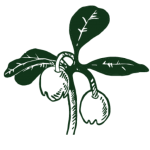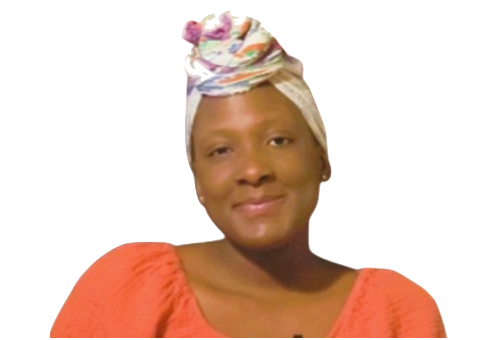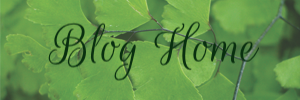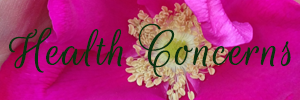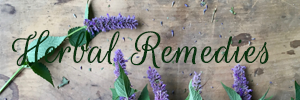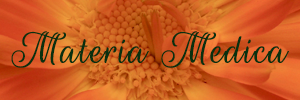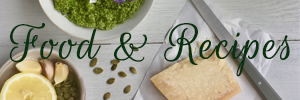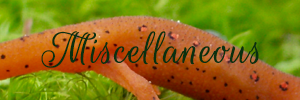Guest blog by KhadiYah Preciado of Her Healthy Home ~
 Everyone has an herb story. That first time an herb spoke loud and clear and when we patiently listened. My ancestors have stories too, ones that were passed down orally through songs and chants, and are seen visually etched into stone and text.
Everyone has an herb story. That first time an herb spoke loud and clear and when we patiently listened. My ancestors have stories too, ones that were passed down orally through songs and chants, and are seen visually etched into stone and text.
Their story starts way back, before standardized extracts, plant constituents, and herb schools. These teachings would go on to be learned and documented by other cultures across the globe yet their ancient techniques have almost remained hidden. Until today…
Allow me to take you on a trip down memory lane. Starting from when plants and humans first collided. To understand herbs, I think it is fitting to start at the beginning. I was curious about what the First People discovered about the herbs they found. What did they learn? What does that mean today?
African herbal medicine focuses on how the African people were able to relay the uses of plants in a way in which they could understand. It is how they attuned the physical characteristics and attributes of the plant to the physical and physiological effect on the body. It is an advanced system where the body is assessed as a whole entity. Treatments such as sound, colors, and language, once deemed ‘primitive’ are now being proven by science. It is a true mind, body, soul approach to herbs.
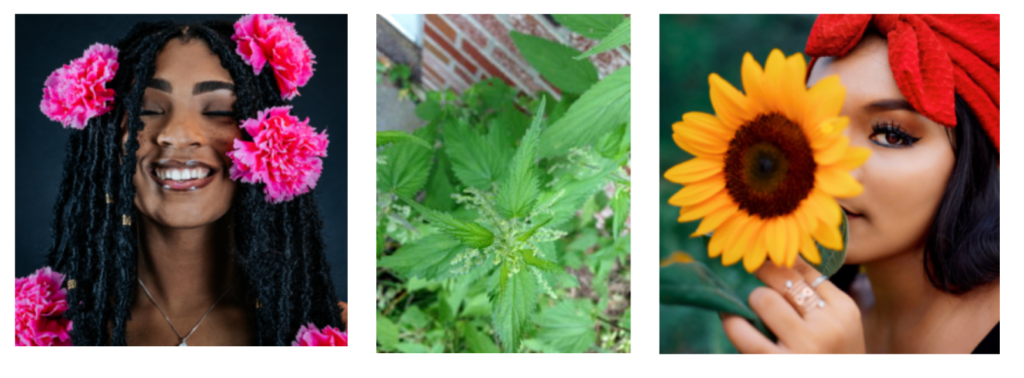
Modern medicine wasn’t made for us. It was founded on our ancestor’s teachings and by the unethical medical experiments that we were subjected to, but we’ve effectively been left out. There is a difference of more than 1,600 years between the Ebers Papyrus and the oldest De Materia Medica. Though, because it’s history, you can omit important details while shaping the narrative.
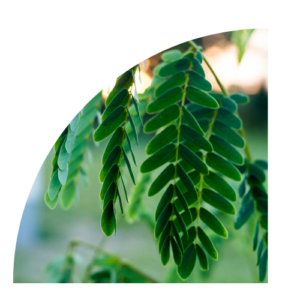 Herbalism has long been touted as the people’s medicine, but is it truly? In many aspects, herbalism has become “one size fits all” in its approach of observing clients. “Flushed cheeks”, “visible blue veins” and a “pale complexion” have become indications of when to use herbs but where does that leave the rest of the population who do not display those symptoms?
Herbalism has long been touted as the people’s medicine, but is it truly? In many aspects, herbalism has become “one size fits all” in its approach of observing clients. “Flushed cheeks”, “visible blue veins” and a “pale complexion” have become indications of when to use herbs but where does that leave the rest of the population who do not display those symptoms?
Most herbalists will agree that it’s the plants who do the teaching. They teach us mindfulness, resilience and sustainability. Through them we become advocates, not just giving them a voice but also planting the seeds of change that we want to see. The same kindness that we extend to the plants should also be transferred to those who utilize them. Can we really preach saving the planet while neglecting other herbalists’ experiences in the same breath?
 This blog post is intended to shine the light on a largely concealed and ignored field of traditional medicine, African Herbalism. I encourage you the reader to keep an open mind when learning about other cultures. To appreciate the contributions of other societies and reference them when you use them. As practitioners we want to have all the tools in the tool belt if it means helping a friend, family member or client. Nothing is more impactful than seeing and hearing the person and effectively showing them that they matter.
This blog post is intended to shine the light on a largely concealed and ignored field of traditional medicine, African Herbalism. I encourage you the reader to keep an open mind when learning about other cultures. To appreciate the contributions of other societies and reference them when you use them. As practitioners we want to have all the tools in the tool belt if it means helping a friend, family member or client. Nothing is more impactful than seeing and hearing the person and effectively showing them that they matter.
Key Concepts in African Herbal Traditions
African Herbalism* can be summarized by the following points,
- The inside and outside of the body are interconnected.
- Supportive plants can be found near the area where the disease naturally occurs.
- Plants leaf, shape, environment and other physical characteristics can all be used as indicatives of the disease or bodily organ that it treats.
*Africa is an enormous continent of many countries, varied ecosystems, with different healing systems, but these principles are relatively common throughout these systems in African herbalism.
This field of herbalism views the outside of the body as a mirrored expression and extension of the inside. Organs are seen as inside skin, so remedies used to cool the skin would also be used to cool the internal organs. Herbs used to address bumps of the skin would also be used for internal bumps and lesions like cysts. Herbs could be placed on the outer skin to support internal issues that one would not think could be addressed by a poultice (edema for instance).
We also see a focus on organs and systems of the body rather than specific diseases. For example instead of having a different name for each lung issue — bronchitis, pneumonia, asthma, emphysema — we can identify them as issues relating to lung inflammation, lung atrophy, and/or lung catarrh. The latter certainly paints a clearer picture of what is indicated. No need for fancy jargon, understanding can be best gleaned in laymen terms. This makes it easier for the average person to determine what type of remedy to use; the people’s medicine.
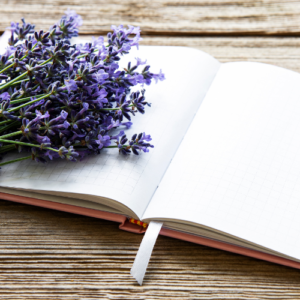 In today’s herbal sphere there is a focus on memorization. We keep journals of notes on individual plants and train ourselves to learn them by spending time with them in isolation. This intrinsically designs us to be less flexible and spontaneous in our approach and forces us to rely only on what we recall. Therefore, if we find ourselves among an unknown plant or in a foreign country, our skill will be rendered useless.
In today’s herbal sphere there is a focus on memorization. We keep journals of notes on individual plants and train ourselves to learn them by spending time with them in isolation. This intrinsically designs us to be less flexible and spontaneous in our approach and forces us to rely only on what we recall. Therefore, if we find ourselves among an unknown plant or in a foreign country, our skill will be rendered useless.
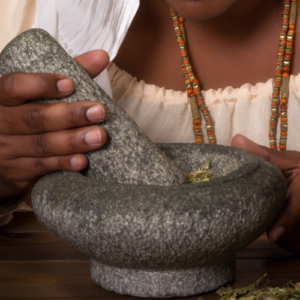
What happens when your go-to herb isn’t available?
What happens when you are called to study a plant that there isn’t much recorded research on?
Herbalism isn’t cut and dry, so why have we gotten so stale in how we approach the plants?
As we gotten more advanced as a society we become further removed from the plants. If I am not defined by physical characteristics why are plants being judged by what is found under a microscope? Sure we learn more about their mechanism of action by understanding individual chemicals but oh my, how we limit our ability to understand without it. The once called “savage” people were able to pick apart the plants without having to physically do it. Surely in 2023, we should be able to as well.
Learning should come from the plants first and people second.
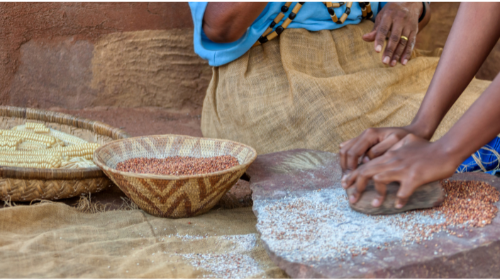
I hope I’ve intrigued you enough to want to learn more!
African Herbal Resources
Below I’ve listed various resources teaching the history and principles of African Herbalism. Unfortunately, the books on this subject are sparse but I’ve done my best to list the best materials that I’ve found. These book links are affiliate links. If you use the link to purchase these books, KhadiYah will receive a small portion of the sale – which will help support her work – at no extra cost to you.
➡ African Holistic Health by Dr. Llaila Afrika: This is perhaps the best book currently on the market teaching African Herbalism. I hesitate to recommend it due to the underlying prejudice that can be found in some parts of his book. Dr. Llaila — who died in 2020 — is perhaps the most renowned teacher of African Herbalism, but like everyone else he is fallible. While we do not agree with all of his personal opinions or teachings, his book is the most detailed on the market, even 40 years later. Because of this, some of the recipes and controversial opinions listed may be outdated. I (KhadiYah) hesitated to recommend this resource due to the underlying prejudice that can be found in some parts of his book, however, If one is willing to look past this, the knowledge to be gained is invaluable. (Disclaimer + Note from Maria: I really appreciate learning of this book from KhadiYah and adding it to my bookshelf. It truly is packed with information about African herbalism including history, empowerment and inspiration for the Black community, and detailed charts, systems, and approaches for specific health concerns. In this way, it reminds me of other herbals of this general time period, such as Kloss’s Back to Eden and – though it is more detailed than those Western herbals. That said, there’s quite a bit from this time period of herbalism that I do not agree with. I’m whole-heartedly opposed some aspects of this book and Dr. Afrika’s work, such as race classifications, homophobia, and other beliefs that were also common in the 1980s in Western Medicine and herbalism as well when this book was first written. It was a difficult decision whether or not to include it in this list. Ultimately, we’ chose to keep it because the practical and historical information it offers is simply not available at this time in any other resource. Hopefully, in the future, newer books will cover African Herbalism with as much depth and practicality as this one does, but with a more inclusive and current perspective.)
➡Medical Apartheid by Harriet A. Washington: Medical Apartheid details the history of medical experimentation on African Americans from Colonial times to present. It is a sobering read for anyone who is interested in learning the history of our medical system.
➡Natural Health for African Americans: The Physicians’ Guide (Physicians’ Guide to Healing) by Marcellus A. Walker MD: Each culture has different in genetic dispositions to illness. This book explores the different health needs of African Americans.
➡ Nature Power: Natural Medicine in Tropical Africa by Anselm Adodo OSB: Nature Power gives a brief look into African herbal traditions. It lists some interesting recipes and lists plants’ common names in different African languages which is a useful addition.
➡ Herbal Holistic Healing: African Herbalism for Modern Times by KhadiYah Preciado: This book is actually my own. It is set to release February 1st, 2023. Due to the lack of acceptable African herbal references, I decided to make my own. It teaches African Herbalism, has a list of 75+ Plants of African origin and a reference of 140+ plants. It breaks down the organ systems and provides recipes and diagrams of each. My goal was to make a book that makes herbs approachable and understandable for all. I hope that it will become your personal favorite.
Some additional book recommendations from Maria specific to African American and BIPOC Herbalism
➡Working the Roots by Michele Elizabeth Lee: Also see KhadiYah’s video review of Michele’s book This book weaves together stories of elder healers, popular remedies, and history.
➡The Art & Practice of Spiritual Herbalism by Karen M. Rose: Well-respected Empress Karen Rose of Sacred Vibes Apothecary in Brooklyn released this beautiful, heart- and spirit-centered book on herbal medicine in 2022. Easy to read yet multifaceted and deep in its approach, Karen teaches herbalism through the body systems, the coinciding patterns of emotions, healing, and ancestral medicine, energetics, ritual, and cosmology all in one approachable, enjoyable, meaningful book.
➡Farming While Black by Leah Penniman of Soul Fire Farm: Though this book is more about homesteading, reclaiming a connection to the land, and justice, it also interweaves herbal medicine and history of African and African American herbal healers into a practical and impactful book.
➡Wild Apothecary: Reclaiming Plant Medicine for All by Amaia Dadachanji with Claudia Manchanda: Though not specific to African or African American herbalism, this gorgeous book teaches practical herbalism through a lens accessible to all people including those in the BIPOC community.
➡African American Herbalism by Lucretia Van Dyke Releasing later in 2022, Lucretia will take you through the origins of African American herbalism including Egypt, tropical Africa, into the Caribbean and the United States, interweaving stories of individual healers, and practical medicinal and spiritual ways to connect with the plants in your daily life. Lucretia is a wonderful teacher!
➡Handbook of African Plants by Maurice M. Iwu: Though the out-of-print physical book is pricey, you may find second-hand or electronic versions that are more economical. The 400+ page resource catalogs common medicinal plants of Africa and then profiles individual plants in depth.
➡Jambalaya: The Natural Woman’s Book of Personal Charms and Practical Rituals by Luisah Teish: Though not as specific for medicinal herbalism, Yeye Teish is a respected herbal elder, storyteller, and priestess of Oshun. First published in 1985, this book is a classic mix of memoir, spiritual teachings, and African American traditions.
➡African American Folk Healing by Stephanie Mitchem: This is less of a how-to book as a study into African American folk traditions and history.
Study Herbalism with an African Herbal Lens
If you would like to learn African Herbalism inside a course, I have a beginner’s and advanced course that can be found on my website at https://www.herhealthyhome.co

About KhadiYah Preciado.
I am the wife of an army vet and the mother to two rambunctious toddlers. We live in Tennessee, but I’m originally from Queens, NY. I describe myself as a homemaker, homesteader, and homeschooling mother. I’ve been making my own herbal products for almost a decade. I’m a community herbalist, YouTube content creator and author in my spare time. I have a product line called Perfectly Unaltered Radiant Essentials. My goal is to encourage, inspire and educate other mothers like myself, to live a happy, healthy lifestyle.
Find & Follow KhadiYah:
Youtube @HerhealthyHome • IG @KhadiyahPreciado • On the web at Herhealthyhome.co
KhadiYah’s other books include these e-books:
- Everyday Herbs: Meditations from the heart, Recipes from the Soil
- Good Smells: Perfume & Diffuser Blending for Beginners
- Recipes from the Earth: For the Face, Body & Hair

The statements made on this blog have not been evaluated by the FDA and are not intended to diagnose, prescribe, recommend, treat, cure, or offer medical advice. Please see your health care practitioner for help regarding choices and to avoid herb-drug interactions.
All book links are affiliate links – if you make a purchase via one of these links, KhadiYah will receive a small portion of the purchase to support her work at no extra cost to you.
All photos are courtesy of KhadiYah Preciado or royalty-free images via Canva as provided by KhadiYah to accompany this blog.
